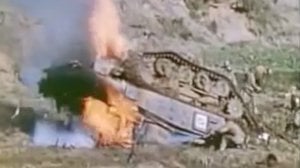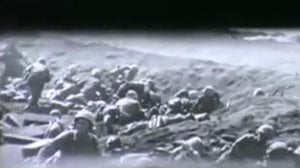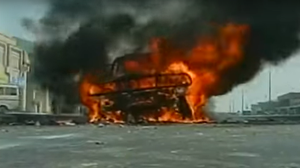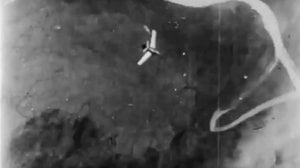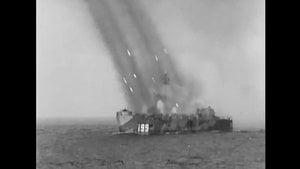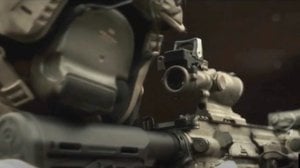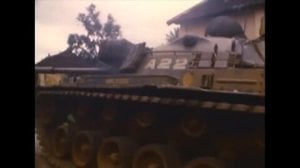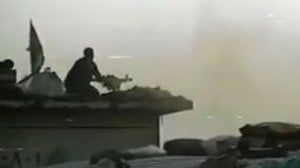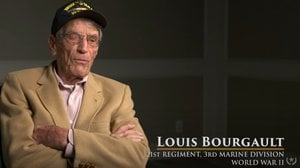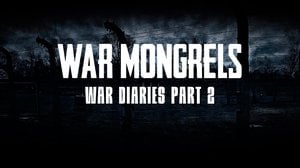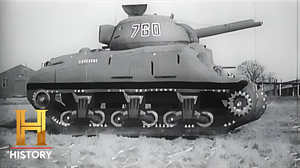
Archive: Operation VIGILANT RESOLVE, First Battle of Fallujah
Published 3 weeks ago
Archival footage from the associated press showing Marines fighting in the streets of Fallujah. Twenty years ago today, The U.S. Marine Corps launched Operation VIGILANT RESOLVE with the intention of killing or apprehending the individuals or group which ambushed and mutilated four U.S. contractors and to bring the rebellious city under control. Fallujah was a densely populated city at the heart of a region which had been fiercely loyal to deposed dictator Saddam Hussein, and many high-ranking military officers, government officials, and Baath party members had homes in Fallujah. Initially quiet in the aftermath of the U.S. invasion, the city grew increasingly restless throughout 2003, before becoming a center of activity for a burgeoning insurgency in 2004. As the city and its suburbs grew increasingly dangerous, U.S. commanders ordered units to keep their distance, but on March 31, 2004, four Blackwater contractors were ambushed while driving through the city, and their bodies mutilated and put on display.
Marine Corps commanders wanted to develop intelligence sources and to conduct surgical operations targeting the ringleaders, for they feared that a large-scale operation would fuel the growing flames of insurgency. However, on April 3, I MEF was given a written order from the National Command Authority, via the Joint Task Force, to conduct offensive operations against the city. On the night of April 4, the Marine Corps launched Operation VIGILANT RESOLVE with the intent to “re-establish security” in the city of Fallujah. Employing most of four infantry battalions, along with attached units such as Light Armored Reconnaissance, tanks, amphibian assault vehicles, and artillery, the Marine Corps surrounded and isolated the city. The subsequent siege and offensive operations into the city eliminated many insurgent groups, but also inflicted civilian casualties, for although a third of the population had left the city, many civilians remained. Many noncombatants mingled with the insurgents and, in some cases, actively supported them. Civilian casualties resulted in significant backlash from the Iraqi government and from the international community.
While Fallujah was a center of violence and a focal point for media coverage, a few says after VIGILANT RESOLVE kicked off, insurgent groups launched attacks throughout Al Anbar province. Cities such as Ramadi, Husaybah, and Al Qa’im erupted in violence, and Marine battalions struggled to bring the province under control. On May 1, Marine Corps Lieutenant General James Conway announced that he was suspending military operations in Fallujah and turning control of the city over to the Fallujah Brigade, an Iraqi Army unit hastily assembled and trained by the CIA. Once in the city, members of the Fallujah Brigade either joined the insurgents or deserted, leaving the city firmly in the hands of the Iraqi Sunni Insurgency, which consisted of former regime members and Saddam loyalists, and Al Qaeda in Iraq, under the leadership of Abu Musab al-Zarqawi. The city became a tumor in the center of Al Anbar, straddling several main supply routes between Baghdad and the Syrian border, and in November 2004 the Marines would launch Operation PHATOM FURY to remove the insurgent threat and to regain control of Fallujah.
The purpose of this article is to commemorate the battle, to honor those who participated, and to place the events in context. The struggle for the city of Fallujah was a tragedy which had a profound effect on all those who were involved, American and Iraq. Racist or hateful comments do not honor their memory and are not welcome.
About the Author
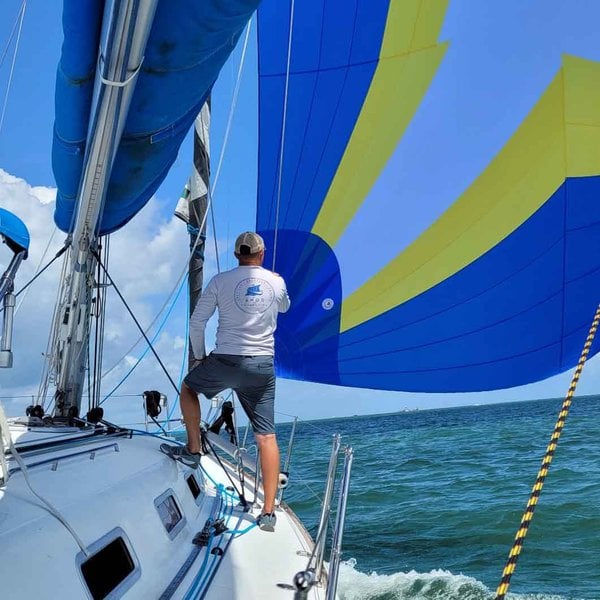
Cam
Cam served as an infantry officer in the Marine Corps, deploying to the Horn of Africa and participating in combat operations in Iraq. He currently works in the maritime industry and in the defense sector as an instructor of combined arms planning and operations. An avid sailor, Cam founded and directs Triumph Sailing, a nonprofit that supports veterans and first responders through adventure and fellowship on the water. Triumph Sailing is preparing for the 2024 season of sailing on Galveston Bay and in the Gulf of Mexico. You can support the mission and next year's sailing season at Tri-Sail.Org.


